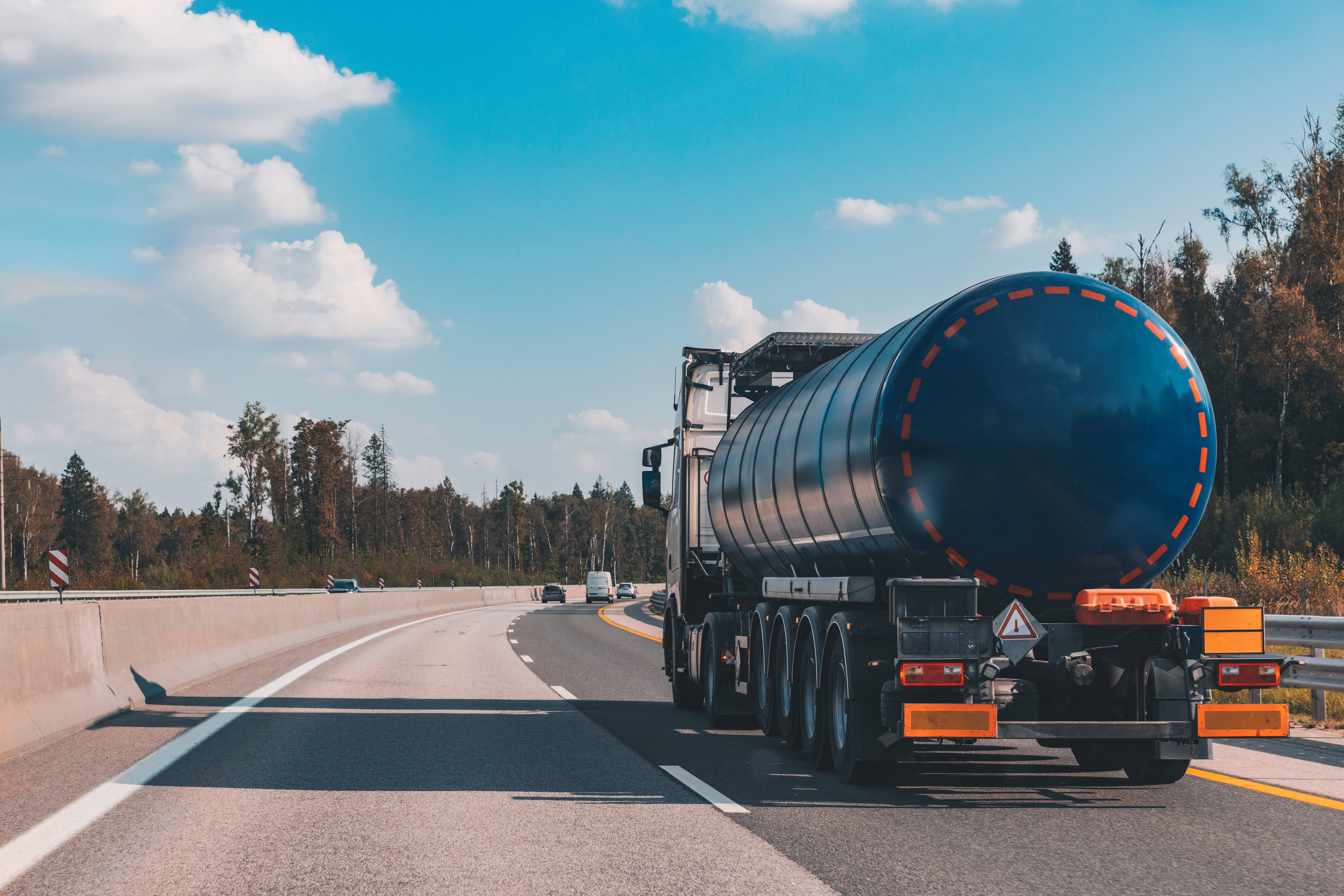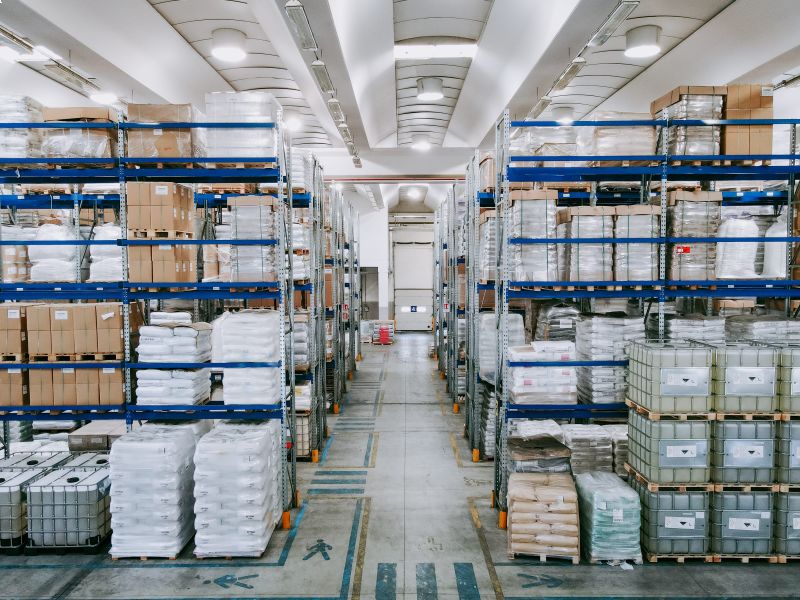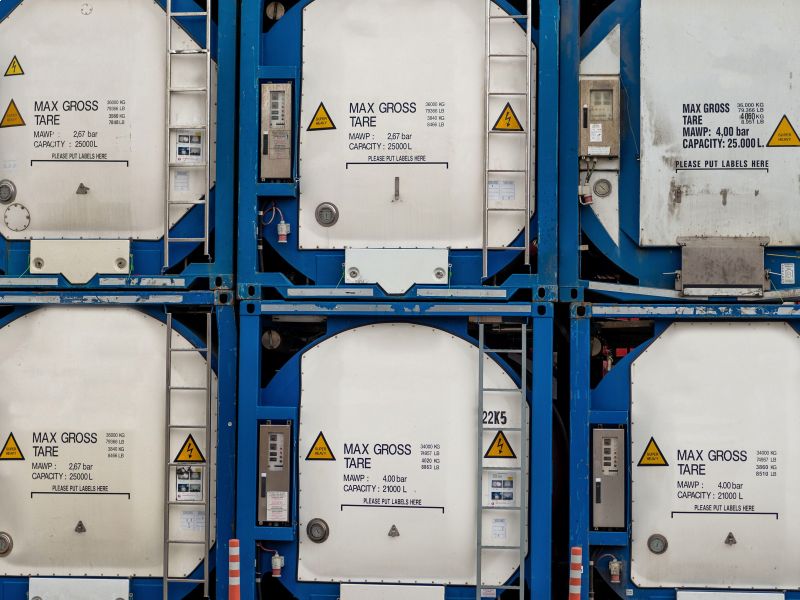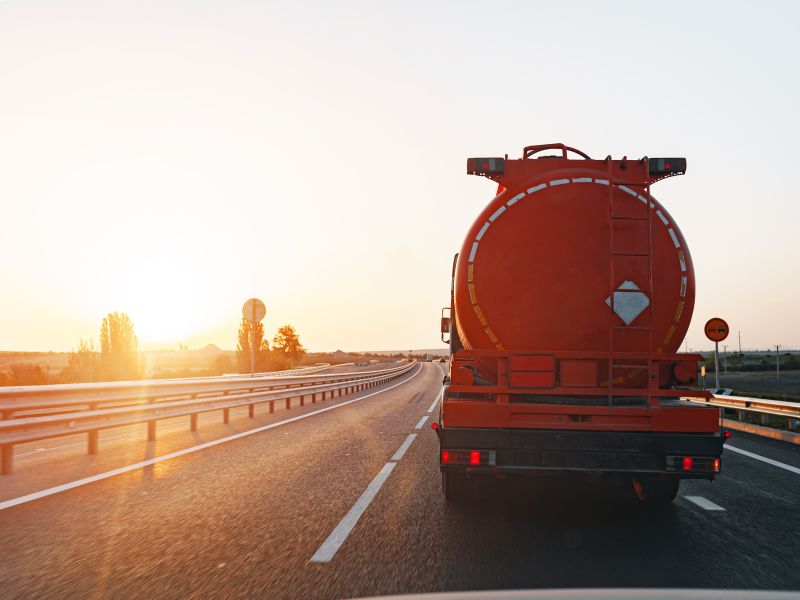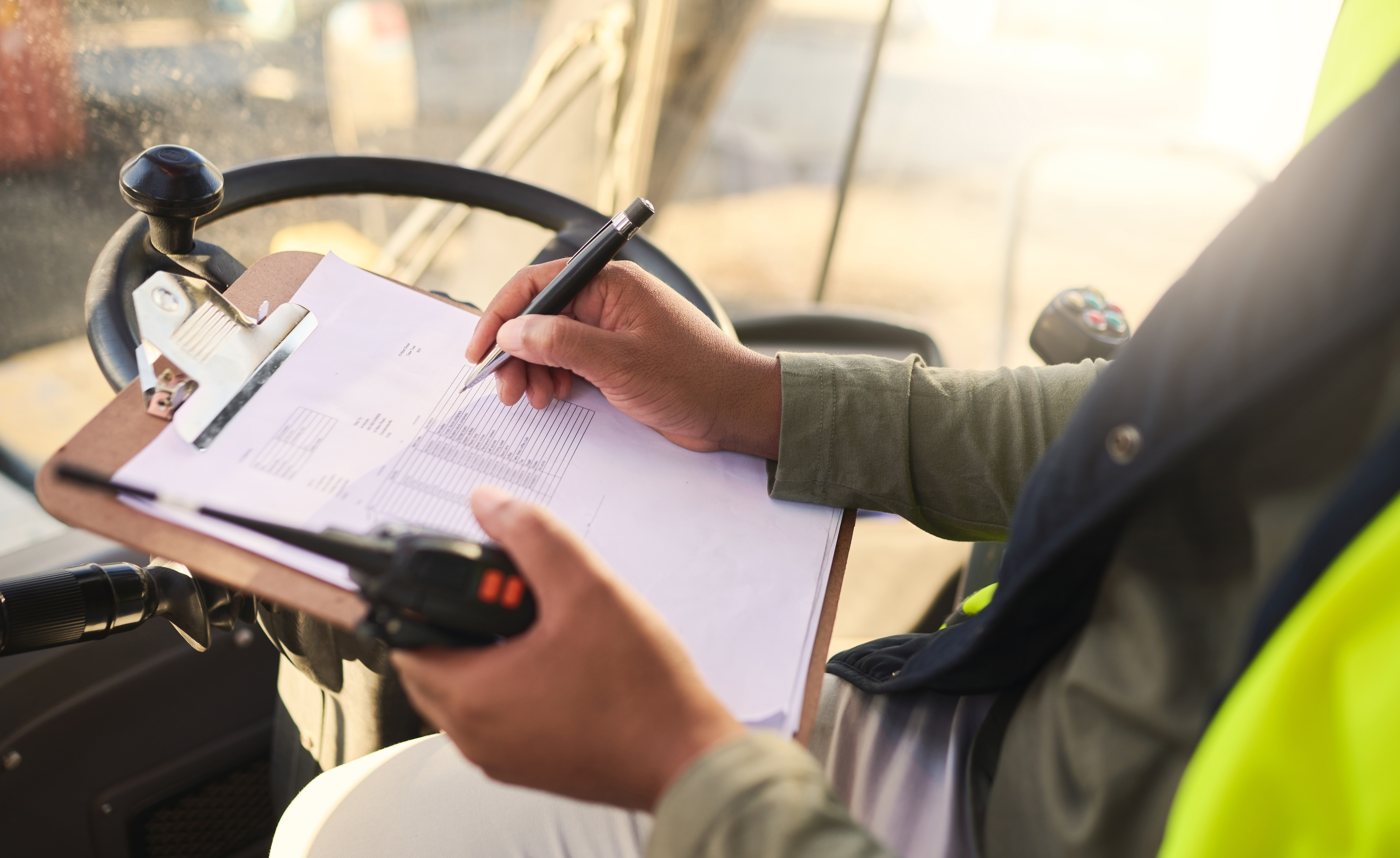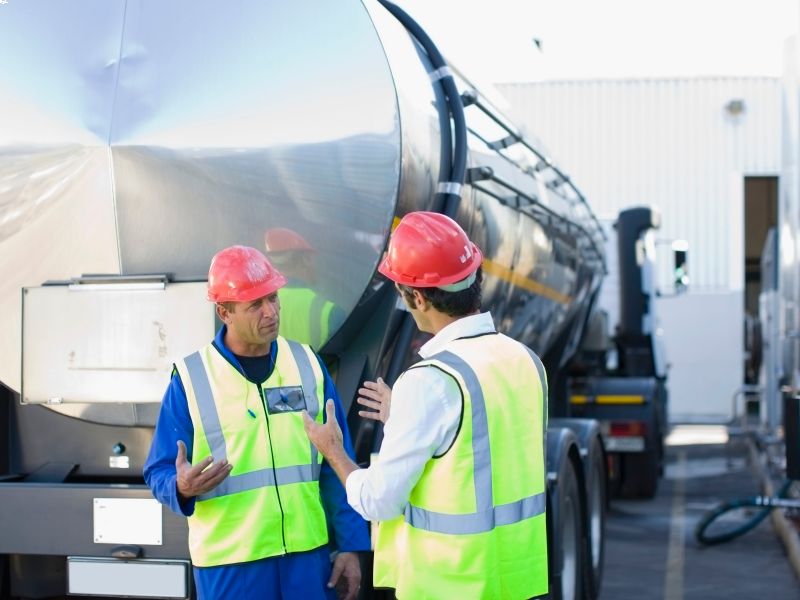Chemical Goods Transport: Shared Obligations between Shipper and Courier.
Chemical goods transport is one of the most delicate activities in industrial logistics. Working in chemical transport and logistics means taking on a great responsibility: handling potentially dangerous products that are subject to stringent regulations and ensuring their integrity during all phases of transport.
In this context, it is essential to understand that safety does not depend solely on the transporter, but is the result of effective co-responsibility between those who load the goods and those who transport them. Let's see why this is essential and how Corsini Autotrasporti manages transport professionally.
Why the transport of chemical products requires maximum attention
The transport of chemical products involves high risks: dispersion of dangerous substances, unwanted reactions, environmental pollution and damage to persons or property. For this reason, every step in the process must be planned and controlled down to the last detail.
Chemical goods can be liquid, solid or gaseous, and they often travel in specific containers (drums, tanks, cisterns). It is necessary to know the characteristics of each substance, its ADR classification, the associated risks and how to load, secure and handle it.
Incorrect handling can turn a logistical operation into an emergency. That is why chemical transport requires trained operators, adequate means and full cooperation between the parties involved.
Shared responsibility in hazardous chemical transport: what the regulation says
The ADR regulation clearly states that chemical transport is subject to shared obligations. It is not only the transporter who must comply with the rules: the shipper (i.e. the company that prepares and entrusts the goods) also has specific responsibilities.
Here are some main obligations:
- The shipper must ensure that the goods are packed correctly, labelled according to ADR and accompanied by the mandatory documentation. In addition, he must ensure that the cargo complies with the safety instructions and is securely fastened.
- The transporter is obliged to check that the goods received comply with ADR regulations, that the vehicle is suitable and equipped with the required equipment (e.g. fire extinguishers, orange panels, protective devices). It is also responsible for the training of the driver and the proper management of the transport up to its final destination.
This shared management is essential to prevent accidents and to ensure that every chemical shipment is carried out in full compliance with the law.
Common mistakes in shared management and how to avoid them
Among the most common mistakes in chemical transport and logistics are:
- incomplete or incorrect documentation, such as out-of-date safety data sheets or missing UN codes;
- non-compliant labelling, which makes it difficult to identify the risks of the load
- improperly secured cargo, which can cause shifting during transport and increase the risk of accidents;
- poor communication between shipper and courier, leading to misunderstandings about quantities, schedules or product characteristics.
The solution? Working with expert partners who can coordinate each stage of the supply chain in a clear, transparent and regulatory-compliant manner.
Why Corsini is the right partner for your chemical goods
Corsini Autotrasporti has been working for years in the transport of chemical goods: this allows us to offer a highly professional service built around the specific needs of chemical and pharmaceutical companies.
Choosing Corsini means:
- having a partner trained on ADR regulations, up-to-date on all safety and dangerous goods transport provisions;
- relying on vehicles equipped and verified for transporting chemical substances, equipped with safety and tracking devices;
- being able to manage each transport with the utmost attention to documentation, load securing and communication between the parties.
Thanks to consolidated experience and an efficient logistics network, Corsini guarantees reliable, safe and punctual chemical goods transport: contact us for a personalised consultation or to request a quote.
News.
STAY UP TO DATE ON HAZARDOUS GOODS AND THE CHEMICAL SECTOR
The world of hazardous goods transportation is constantly evolving, as are the regulations affecting the shipment and logistics of hazardous substances and chemicals. Stay up-to-date with our industry articles.

 Registered office: Viale Etiopia, 5 - 20146 Milano (MI)
Registered office: Viale Etiopia, 5 - 20146 Milano (MI)






